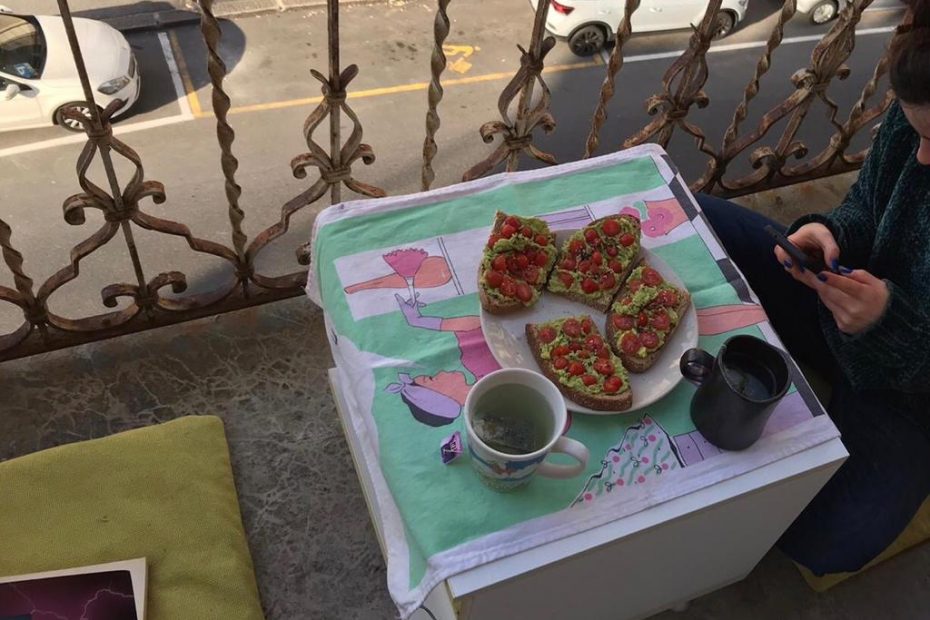We should not freely roam the Internet sharing “written words” and images concerning the current pandemic, which leaves no escape to nations, men and women, who these days are surrounded by safety measures which still leave room for the passage of microscopic viruses the size of one thousandth of a microbe.
The World Wide Web is deeply flawed. Its “net” has wide gaps which allow for the passage of “bufale” (Translator’s note: hoaxes, but also the name of a kind of mozzarella cheese) not the size of mere buffalo milk mozzarellas, but as big as proper buffalos from the Tuscan Maremma.
These days television newscasts- when surfing channels one will almost exclusively find newscasts or virtually never-ending debates on Coronavirus- have been reiterating warnings to only trust “official sources”.
At last, the importance of registered websites as reliable sources is being stressed, especially if they belong to institutions, identifiable businesses or professionals. This should provide some measure of comfort on the path towards the kind of online journalism which will finally put an end to the “do-it-yourself” approach to information, which is equally harmful to all sectors. This kind of approach is harmful as far as medicine is concerned, because it can actively damage one’s health, but it can be equally dangerous for the mind because it readily provides summarily put together answers and solutions, assembled by jumping “from face to face”, from keyboard to keyboard, from mobile phone to mobile phone, usually without any form of verification, thus merely achieving an emotional impact.
Critical thinking and education have always constituted the foundations of civilization. Why, then, are we being so “uncivilized”? Is “wild” better? Why is sharing inanities over WA so terribly appealing?
This is where communication can make a dramatic difference: it is one thing to communicate by “word of mouth”, and it is quite another to carefully formulate a sentence, knowing that words can be as heavy as stones, as Native Americans say.
GDPR does warn European citizens that the Internet is no joke, but how many are able to explain what the acronym stands for and what it means for one to avoid attacks to individuals or to society by adopting an appropriate behavior on the Internet? Whoever deals with personal data should comply with European data protection regulations, identify those in charge and get organized. Furthermore, journalists have to follow a code of ethics which grants them access to a professional board which periodically provides further training throughout their professional lives. Do we want to stay inside or outside, “like a balcony”? Given the times we live in, we can accept that, just to survive, hoping that microbes, our enemies, will not be able to reach oursafe haven- this narrow space, suspended between heaven and earth, just like our lives.
(Translation by UJCE)
